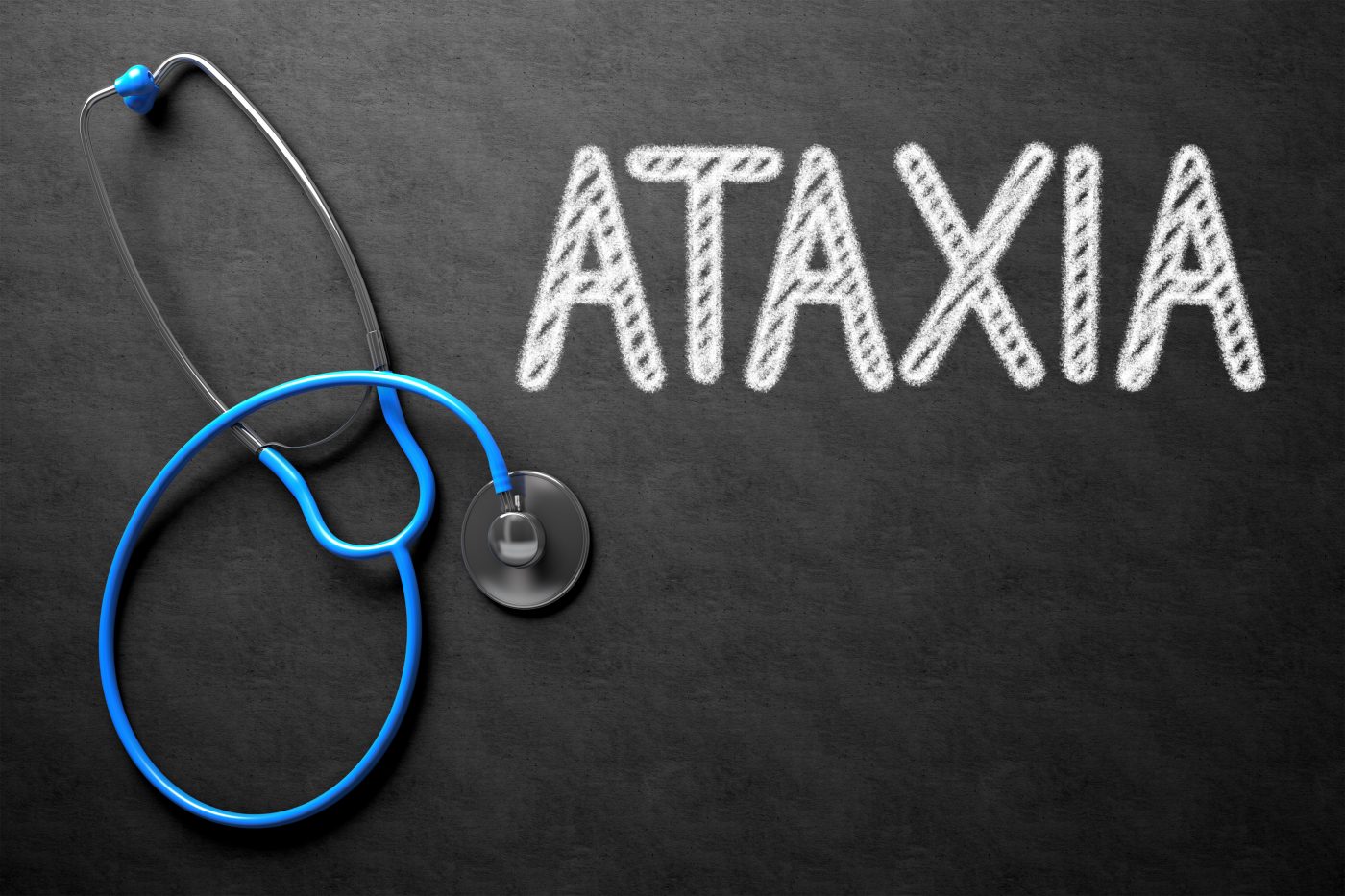Patients in Short Study Report No Differences Between Idebenone Treatment and Placebo
Written by |

Despite some benefits seen in clinical measures like cardiac health and reports by Friedreich’s ataxia (FA) patients of lesser fatigue and better function upon treatment with idebenone in clinical trials, a new two-month study found little difference between those given the therapy and those on placebo.
The study, “Patient‐reported outcomes in Friedreich’s ataxia after withdrawal from idebenone,” appeared in the journal Acta Neurologica Scandinavica.
Idebenone, a largely investigative treatment, is an antioxidant that protects mitochondria – the cell’s power plants – against oxidative damage. As such, it has been regarded as a potential therapy for patients with FA, but clinical trials have shown inconsistent improvements in cardiac measures, scores of activities of daily living, disease progression, and neurological outcomes.
Despite the lack of benefits assessed using these clinical measures, participants in the open-label (no placebo group) Phase 3 MICONOS extension trial (NCT00993967) reported less fatigue, and improved speech and general function.
Researchers aimed to better understand this discrepancy between the patient-reported benefits and the lack of improvement seen on clinical scales.
With the input of patients from the MICONOS trial who took continuous high-dose idebenone for at least one year, the new study analyzed their experiences on and off treatment.
Join our FA forums: an online community especially for patients with Friedreich’s Ataxia.
A double-blind study, it recruited patients in seven centers in the U.K., The Netherlands, Austria, and Germany. All enrolled were homozygous, which means that both copies of the FXN gene were mutated.
Patients were randomized to either high-dose idebenone or placebo over two months, subsequently returning to the MICONOS trial. Each two-month cycle included a baseline (first) and a follow-up visit. At each visit, participants underwent a physical examination, an assessment of vital signs, blood sampling, urine analysis, and a urine pregnancy test for women of childbearing age.
Patient-reported measures included a yes or no question asking if they thought they were being given idebenone or placebo, the Modified Fatigue Impact Scale, and other questionnaires. In turn, clinician-reported measures included the 9-Hole Peg Test of finger skills, speech assessments, the Clinical Global Impression of Change (CGI-C), and the International Cooperative Ataxia Rating Scale (ICARS).
A total of 29 patients took part, 16 assigned to the idebenone group (mean age 35.8, nine males) and 13 receiving placebo (mean age 38.7, again nine males). Their treatment compliance and mean disease duration — 18.7 and 18.0 years in participants taking idebenone and placebo, respectively — did not differ.
Results from the first treatment cycle revealed no significant differences between the two groups regarding the proportion of patients who correctly guessed they were being given idebenone – 8 patients (50.0%) – or placebo (7 patients, or 53.8%).
Analysis of the participants who completed both cycles, two on idebenone and five on placebo, confirmed the lack of significant differences.
No differences were seen in other efficacy measures either, including the assessments of fatigue, finger skills, and CGI-C. At one study site, treatment with idebenone was reported to led to statistically significant benefits in speech intelligibility, or ease of understanding.
Changes in the ICARS scale — whose measures include posture and gait, walking and standing abilities, and body sway — showed improvements with idebenone in ambulatory patients only. According to the researchers, this may have been due to “more noticeable” improvements in ambulatory patients, as they are “likely to have a greater impact on quality of life and general level of function when compared to [a] non-ambulatory patient.”
No one withdrew from the study early due to a recurrence or worsening of FA symptoms, or to adverse events (AEs). One person on idebenone quit the study two weeks before the end of the first cycle, complaining of low energy levels.
Treatment-related side effects were reported by seven patients on idebenone and six on placebo. The most common were fatigue and falls, each reported by four participants taking idebenone.
The researchers concluded that ICARS benefits seen in trials were not reflected in patients’ assessments of which group they were assigned to (idebenone or placebo), possibly because this study being too short “for patients to appreciate small changes” and because people with longer disease durations can find it difficult to detect minor improvements.
“We hope this design will help inform future trials so that patient’s experiences of symptoms can be reliably measured and analysed in the context of novel treatments,” the researchers wrote.





